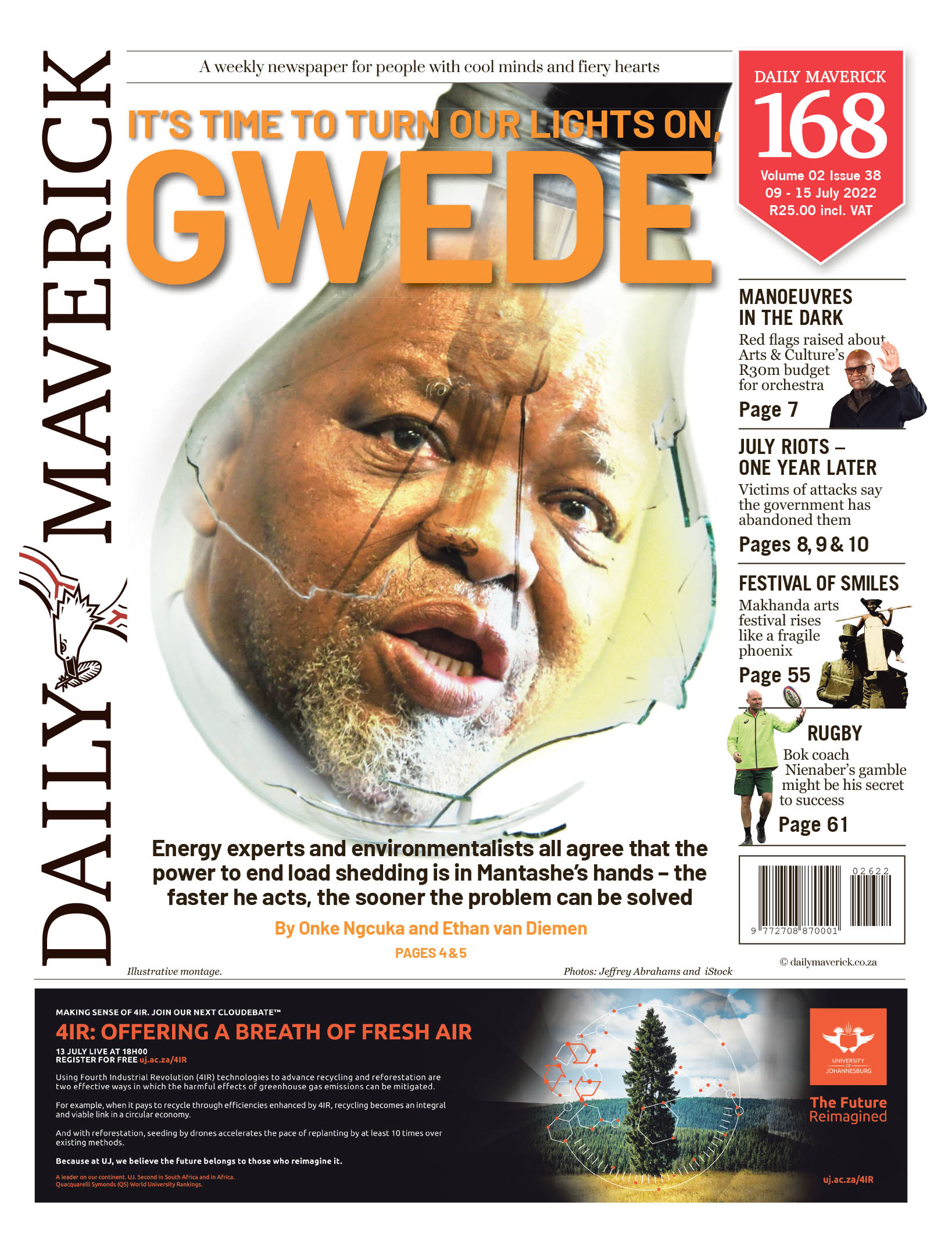It may come as some succour to residents of KwaZulu-Natal that they are not the only ones suffering from ongoing blockages of major arterial transport routes by protesters. The Natal Midlands and the home counties now have more in common than picturesque rolling green hills.
For the UK, this is only the very beginning of what promises to be a summer of discontent, mimicking the more famous one beset by strikes in the 1970s. Perhaps it is fitting then that Paul McCartney and the Rolling Stones headlined festivals in England this week. Britons may be imagining they have suddenly and inauspiciously been transported back 40-odd years in time, when it was labelled the “sick man of Europe”.
The UK is in the throes of the type of mass labour unrest not seen for decades. This has had catastrophic effects on the railways, London Underground, airports and British Airways. Teachers and other public sector workers may soon join in.
The explanation for these actions are simple. Unanticipated inflation delivers losses to everyone, which workers want to recoup, through higher wages. This naturally acts as a catalyst for social conflict.
Consumers all over the world are in the grip of frustrations over prices. But the British case stands out among developed nations. In May, UK consumer confidence plummeted to its lowest level ever since data collection started in 1974, and the price level for goods other than food and energy has risen by 8%. The comparable figure in the Eurozone is only 4.7%. This supports the notion that domestic inflationary dynamics in the UK are worse and more entrenched than other comparable developed economies.
The Bank of England has not covered itself in glory. In late October, its governor, Andrew Bailey, signalled that the Monetary Policy Committee would raise its policy rate at its November meeting, but then demurred. In March, the bank surprised markets with a dovish-sounding monetary policy statement. In May, Bailey spooked markets by admitting that the economy faced an “apocalyptic” cost of living crisis. These were unforced errors. South Africans should be grateful they do not have such a novice in charge of their central bank.
Inflation is bad, but so is the cure. It is clear now that the Bank of England needs to arrest price rises, and do this faster and more aggressively than other similar economies. This is also necessary to defend sharply weaker sterling, which in itself is a major exacerbating factor in an economy almost wholly dependent on imported fuel and food.
This will mean that the UK will in all likelihood have a more pronounced economic downturn than other comparable economies such as the eurozone, as the central bank has to act even more determinedly to control rampant inflation. Already the OECD forecasts zero economic growth in 2023. This, in turn, will worsen societal tensions and inflame protesters aggrieved by record levels of inequality and political dysfunction. In yet another scandal this week, the aptly named MP Christopher Pincher was forced to resign after drunkenly groping two men in a London private members’ club. That his name could not be more fitting will not lessen the embarrassment for the Conservative Party nor the frustration of voters.
It is not clear how much of this is purely owing to the exacerbating effects of Brexit. It remains impossible to disentangle it from the economic effects of the pandemic. The control experiment, of a UK that remained in the single largest common market in the world, does not exist. But it is now inarguable that Brexit was the single most damaging and needless act of economic self-harm in history.
The question is now not whether things will get worse for the UK, but just how much worse. This will be largely down to the ability of labour to organise itself. Ironically, the more successful they are at organising mass protests and demanding higher wages, not only will the economy be increasingly paralysed by disruptions, it will also make it harder for the BoE to get on top of inflation. It may result in the first wage-price spiral seen in the UK since, once again, the 1970s.
The next few months and years will be the ultimate test of the legacy of Margaret Thatcher. We have been told she broke the back of the unions. We will soon see whether this is correct or not. This promises to be the most chaotic and disruptive period the country has been through for 40 years. Britons should correctly be feeling misled, misruled and utterly infuriated. Britain may not yet be broken, but it is being pushed to breaking point. DM168
This story first appeared in our weekly Daily Maverick 168 newspaper, which is available countrywide for R25.

















 Become an Insider
Become an Insider
Despite this, the British currency is still dominant, exchanging at $1.19 or around R20. How is this possible?